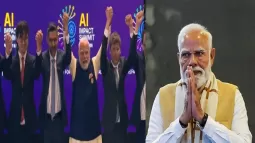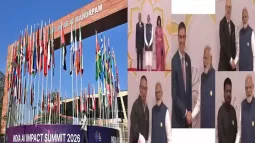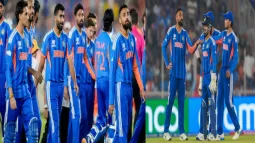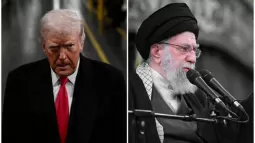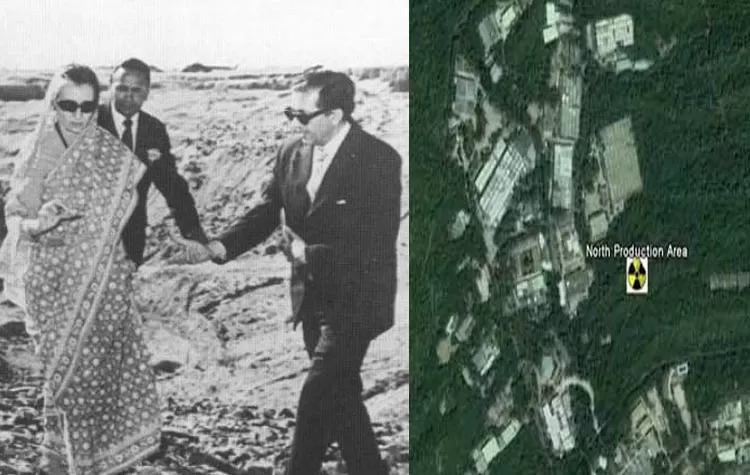
Former CIA Officer's Statement
Recently, retired CIA officer Richard Barlow spoke about a secret proposal from the 1980s. He felt that several major issues could have been avoided if then–Prime Minister Indira Gandhi had approved a covert strike on Pakistan’s Kahuta Nuclear Center. In an interview with national media, Barlow mentioned that the Indian government’s refusal to go through with the plan was, according to him, not the right decision.
Proposed India-Israel Operation
There have been reports that India and Israel had once planned to conduct an airstrike on the Kahuta nuclear facility. The objective of this attack was to thwart Pakistan's nuclear programmes and its possible proliferation to other countries. Israel had a serious apprehension regarding the transfer of Pakistani nuclear technology to Iran. The reported plans for this clandestine operation were not approved by Indira Gandhi.
Barlow’s Account of the Scheme
Barlow, who was out of government service from 1982 to 1985, said that he had heard of the proposal only through discussions. If the Indian government had agreed, many regional security problems might have been resolved earlier, he felt.
US Response and Global Context
According to Barlow, then–US President Ronald Reagan would have objected to the strike. At the time, the United States was running a covert operation in Afghanistan against the Soviet Union, and an attack on Pakistan could have disrupted that strategy, which meant that Washington would have vetoed Israel's participation in that kind of mission.
Pakistan's Reaction and Pressure on the US
According to Barlow, Pakistan had actually played its close relationship with the US to its advantage. The head of the PAEC, Munir Ahmed Khan, is believed to have told them that cuts in US aid or cooperation would affect their Afghan operations. That made Washington tread with caution.
The Kahuta Nuclear Centre's Role
The Kahuta facility under the leadership of A.Q. Khan formed the foundation of Pakistan's nuclear program. And this place did play a very significant role in the country's first nuclear test in 1998, joining Pakistan with the group of nuclear-armed states.


